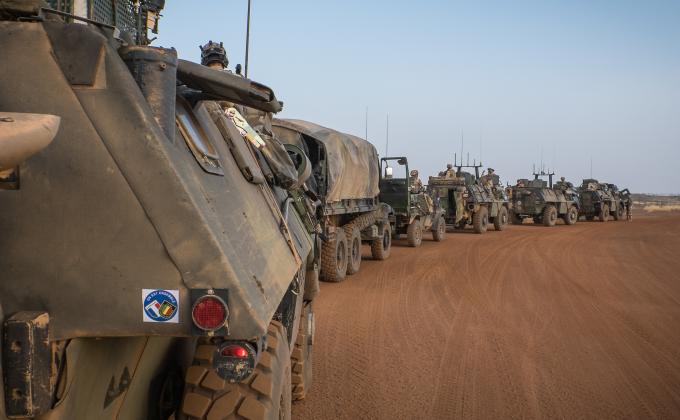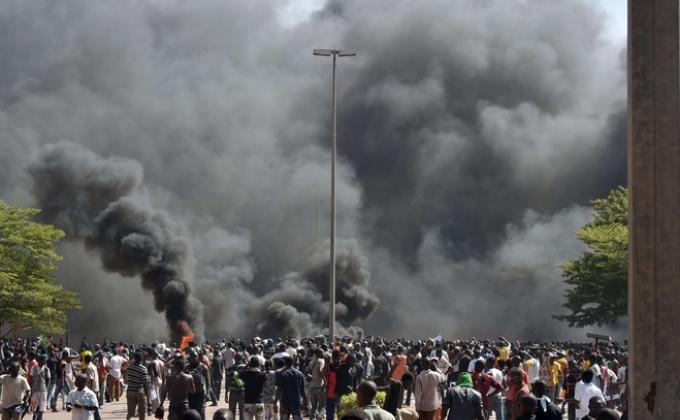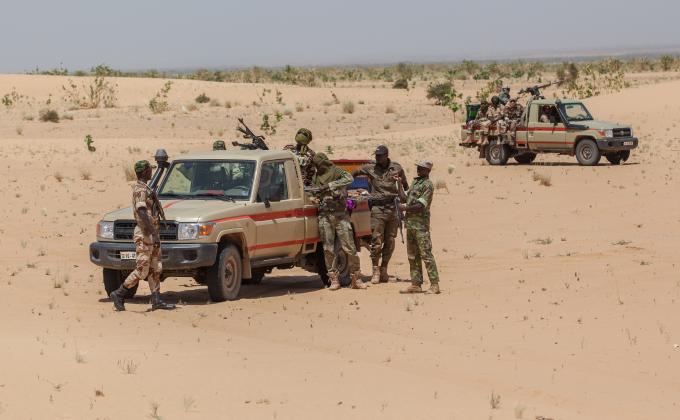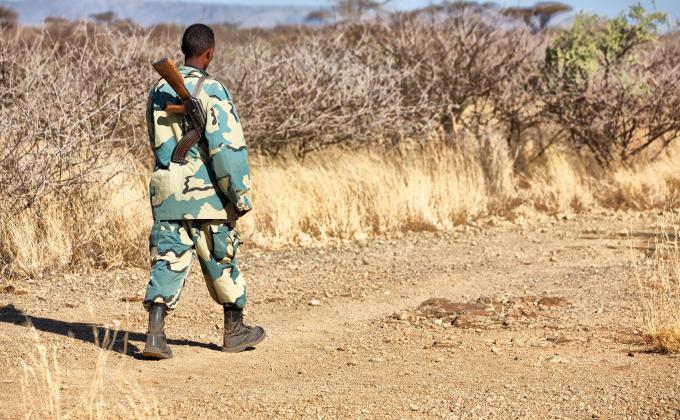
With the Sahel crisis entering its tenth year, the indiscriminate violence faced by local populations trapped between various al-Qaeda and Islamic State-affiliated organisations, other non-state armed groups, and counter-terrorism operations, is forcing ever-growing numbers of civilians to flee, resulting in over 2.8 million people being forcibly displaced across Mali, Niger, and Burkina Faso. Frequently representing the only coping strategy available, displacement however exposes internally displaced persons (IDPs) and refugees to even more precarious situations, while also raising important challenges for their host communities. Through an initial exploration of the complex interconnections between mass displacement and violent extremism, this policy brief aims to assess how displacement simultaneously constitutes one of the most tangible symptoms as well as a potentially aggravating factor of the Sahel crisis. More specifically, it considers the potential for mass displacement, which results from rising (extremist) violence, to perpetuate conditions conducive to violent extremism by increasing local tensions and grievances that have been known to be exploited by violent extremist groups.
This publication represents the views of the author(s) solely. ICCT is an independent foundation, and takes no institutional positions on matters of policy unless clearly stated otherwise.
Photocredit: Torsten Pursche/Shutterstock








